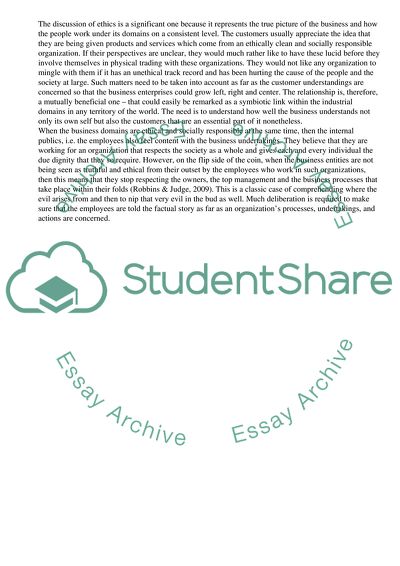Cite this document
(Business Ethics and Social Responsibility Research Paper, n.d.)
Business Ethics and Social Responsibility Research Paper. Retrieved from https://studentshare.org/management/1770694-business-ethics-and-social-responsibility
Business Ethics and Social Responsibility Research Paper. Retrieved from https://studentshare.org/management/1770694-business-ethics-and-social-responsibility
(Business Ethics and Social Responsibility Research Paper)
Business Ethics and Social Responsibility Research Paper. https://studentshare.org/management/1770694-business-ethics-and-social-responsibility.
Business Ethics and Social Responsibility Research Paper. https://studentshare.org/management/1770694-business-ethics-and-social-responsibility.
“Business Ethics and Social Responsibility Research Paper”, n.d. https://studentshare.org/management/1770694-business-ethics-and-social-responsibility.


